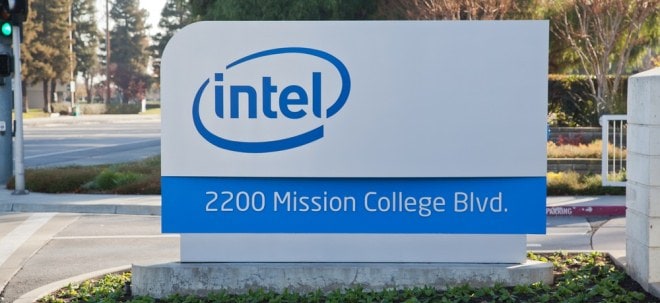5. Possible claims
A. Shareholders
1. General Guidelines for an indemnity claim
As mentioned above, BES shareholders are the group which losses are already
determined: loss of the capital invested in the shares; and no special mechanism of
compensation is designed to refund them. Their only resource is to claim their
credits in the bankruptcy proceedings, but BES has far more debts than assets, and,
as its banking license has been revoked, there are no hopes that its activity may in
the future generate any cash flow to pay shareholders.
There is the remote possibility that the New Bank is sold for more than the 4.9M€
which have been spent to capitalise it. If that should happen, the surplus would be
transferred to BES bankruptcy assets and shareholders might be entitled to a part of
it, after all BES creditors were duly paid.
Therefore, the only meaningful option for BES’ shareholders to obtain
compensation is judicially, claiming for responsibility from third parties for the
damages they incurred.
Here we identify four possible targets for a claim for compensation:
i. BES board of directors: naturally, for as the Bank of Portugal expressly
acknowledged, there was a fraudulent scheme to finance the non financial
entities of Grupo Espírito Santo, which eventually led to the decapitalization
of the bank.
The board of directors knew, or should have known about this fraudulent
scheme which ruined the bank. And knowingly, they took the decision of
increasing BES share capital, advising the public in general, and worst of all,
their retail clients, with whom the bank had a privileged relation of trust, to
purchase shares.
ii. BES’s external auditors, KPMG: they had, or should have had disclosed the
information to assess the dimension of BES’ exposure to GES’ debt. That
would have led them to refuse approving BES statements and accounts. That
would have prevented the capital increase. Eventually, that would have had
prevented the losses incurred by BES in the second quarter of 2014.
iii. The Bank of Portugal: the responsibility of the Bank of Portugal for allowing
BES to incur in such monstrous losses as 3.577M€ is patent in its own
statements, most notably that of August 3, 2014, where the Governor of the
Bank of Portugal acknowledged that almost all of the 3.577 M€ were
incurred by the bank in the second quarter of 2014. Amazingly, in the same
statement, the Governor also informs that the Bank of Portugal was watching
BES closely ever since 2013 when, as a result of an exceptional audit, it
realised that BES was being used to fraudulently finance companies of GES.
The Bank of Portugal may incur into severe liability for the following facts:
a. Failing to disclose relevant information which it apparently had since
2013, and which if known could have prevented many people from
purchasing shares in a bank which administration was in fact using the
bank’s capital to finance non profitable entities in its group;
b. It failed to adopt measures to prevent BES board of directors to refrain
from incurring in further liabilities. As a result of that, according to the
information made public by the Bank of Portugal (same statement of
August 3), directors incurred in losses of approximately 1.5M€ in the
months of June/July.
c. The bank disclosed false information which led some investors to
purchase BES’ shares as late as July, when it issued statements, more
than once, affirming that the bank’s solvability was assured. No one
would have bought shares if they only suspected that in the next day they
would be left owning a bank without any assets or a banking license.
This acts, and omissions, may have been adequate cause to the decision of the investors
to purchase BES’ shares and may also be a direct and adequate cause to most of the
losses incurred by those shareholders. If we can prove so - and there are reasons to
believe that we might – it will be possible to obtain compensation from the Portuguese
State for some of the losses incurred by the shareholders. As a matter of fact, at the
present moment, from the shareholders’ standpoint we believe that a claim against the
Bank of Portugal is the best possible way to obtain due compensation.
iv. Finally, the Portuguese Securities Market Commission (CMVM) – they had
access to most information evidencing that BES was selling much of GES’
debt to his clients, through investment funds which periodically disclose all
relevant information to the CMVM. However, they allowed the increase of
share capital in June. It is a fact that the prospectus contained much of the
disclosures which evidenced the exposure of BES to GES, but that doesn’t
exonerate CMVM from its liabilities in this process. If only, it just increases
them, because knowing all that exposure and the consequences thereof, the
capital increase should not have been allowed, as there were serious
evidences of mismanagement of the bank. CMVM must had not only
prevented the capital increase but also suspended trading of BES shares
before it did.
CMVM approval of the share capital increase, as well as its omissions in not
suspending trading of BES shares in the last days of July may be a direct and
adequate cause to damages incurred by the shareholders, and as such, this is a claim
to consider.
|


 Thread abonnieren
Thread abonnieren

